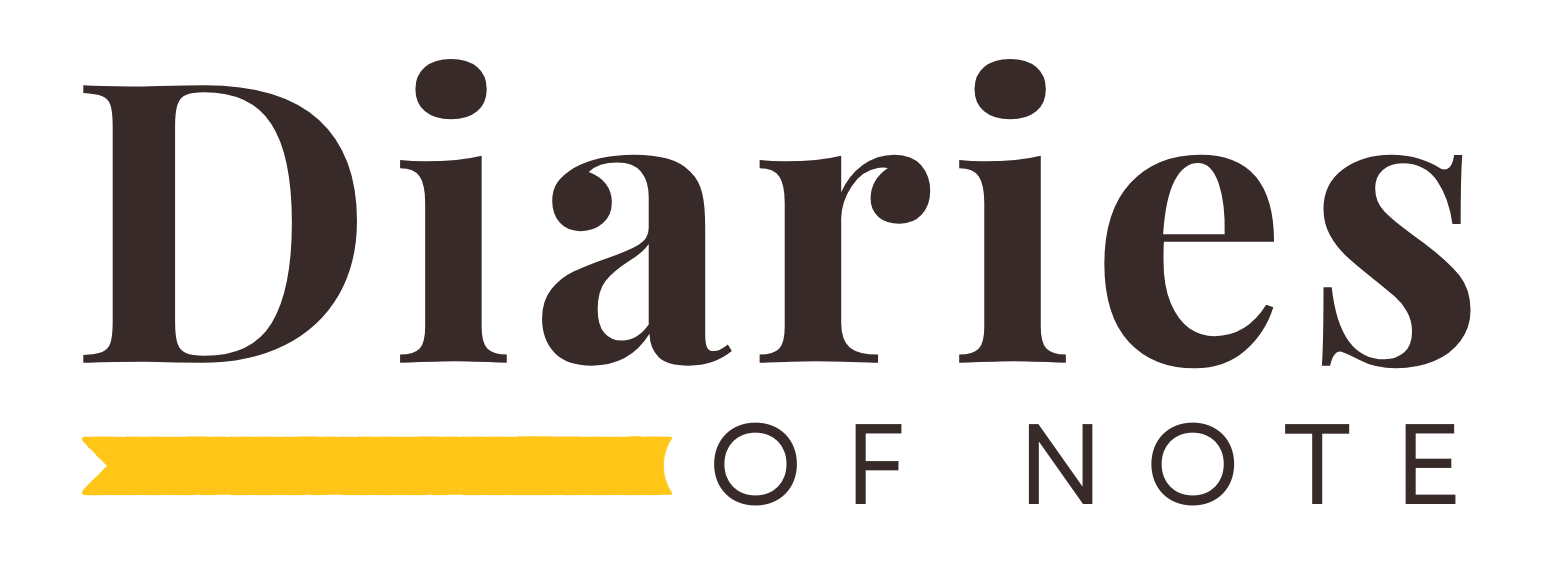
Image: NCPR
Elsa Binder was twenty when, in October of 1941, German forces carried out a brutal massacre of thousands of Jews in her hometown of Stanislawów, Poland. Two months later, she and her family were compelled to enter the Stanisławów Ghetto, joining 20,000 others in a harrowing fight for survival. It was in this time of extreme adversity that Binder began her diary, a document that poignantly captures her indomitable spirit amidst the relentless oppression of ghetto existence. Although the circumstances surrounding her death are unknown, it’s almost certain that she was killed during the Holocaust. Five months after this entry, Binder’s diary ends abruptly, mid-sentence. It was later found in a ditch near a cemetery in which many Jews were killed.
The Diary Entry
[30th January 1942]
When fear crawls out in the evenings from all four corners, when the winter storm raging outside tells you it is winter, and that it is difficult to live in the winter, when my soul trembles at the sight of distant fantasies, I shiver and say one word with every heartbeat, every pulse, every piece of my soul—liberation. In such moments it hardly matters where it is going to come from and who will bring it, so long as it’s faster and comes sooner. Doubts are growing in my soul. Quiet! Blessed be he who brings good news, no matter from where, no matter to . . . where. Time, go ahead. Time, which carries liberation and its unknown tomorrow; . . . maybe not for me, but for people like me. The result is certain. Down with any doubts. Everything comes to an end. Spring will come.
Further Reading
Elsa Binder’s diary can be read in Salvaged Pages: Young Writers’ Diaries of the Holocaust, a remarkable and important book by Alexandra Zapruder that I have already mentioned on more than one occasion.
Also…

Leave a Reply